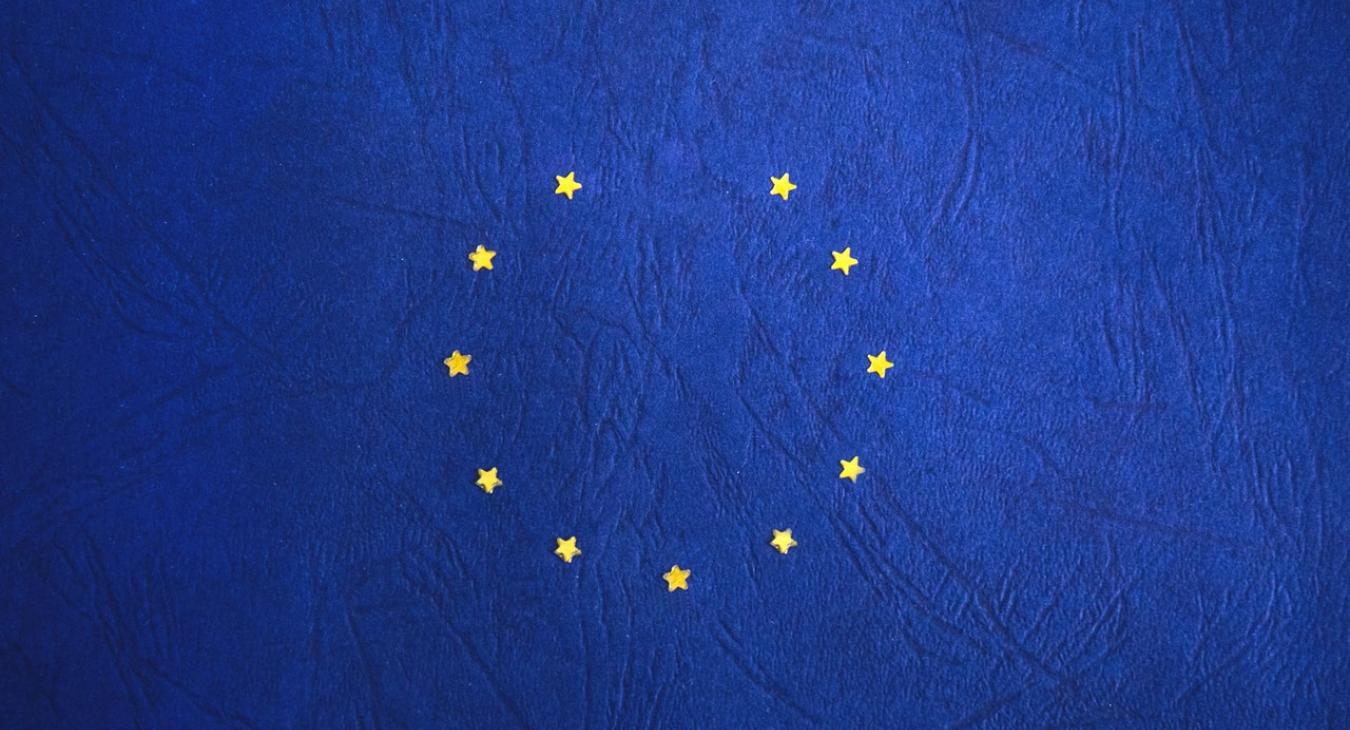April 4, the European Parliament voted on the final deal for the Directive on Work/Life Balance – already agreed in 'trilogue" negotiations and subsequently by the European Council.
The Directive will bring new rights to many European countries including
- 10 days paternity leave around the birth of a child and paid at sick-leave level
- 5 days carers leave – although unfortunately without any obligation for the leave to be paid
- The right for parents and carers to request flexible working arrangements to which employers must respond and provide a justification (in the case of refusal)
Significantly, the Directive also introduces changes to parental leave, including payment at a level to be set by member states. It also makes non-transferable 2 months of the existing 4 months parental leave (meaning that instead of one parent – usually the mother – being able to take 8 months, the father must take at least 2 months or the parents lose them).
'this European Directive is a positive development for working parents and carers" said David Joyce, Equality Officer. "It represents real progress even if it could have gone further. Trade Unions wanted stronger rights in some cases – such as a minimum European threshold for payment and paid carers leave – but the eventual compromise package is still an important improvement".
Minister Regina Doherty had already indicated an intention to introduce a paid parental leave scheme gradually from Autumn 2019 and now has 3 years to reach the standard set by the Directive. Congress urges them to do it sooner rather than later.
The social partners will have an important role to play in transposition and implementation and Congress looks forward to participating in those discussions.

